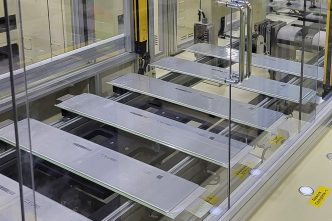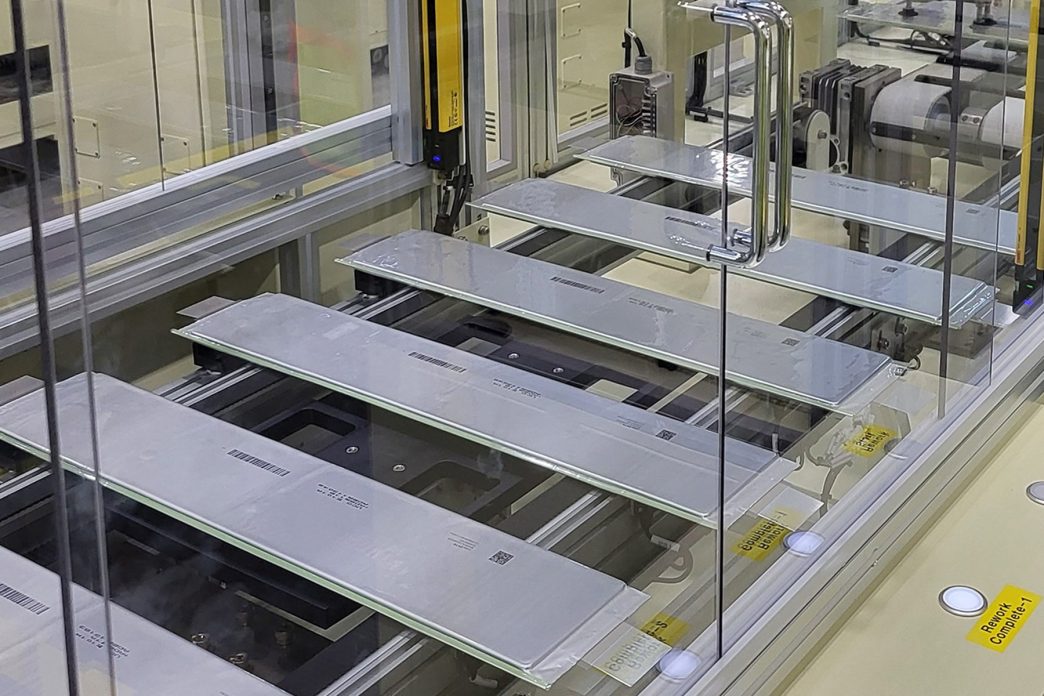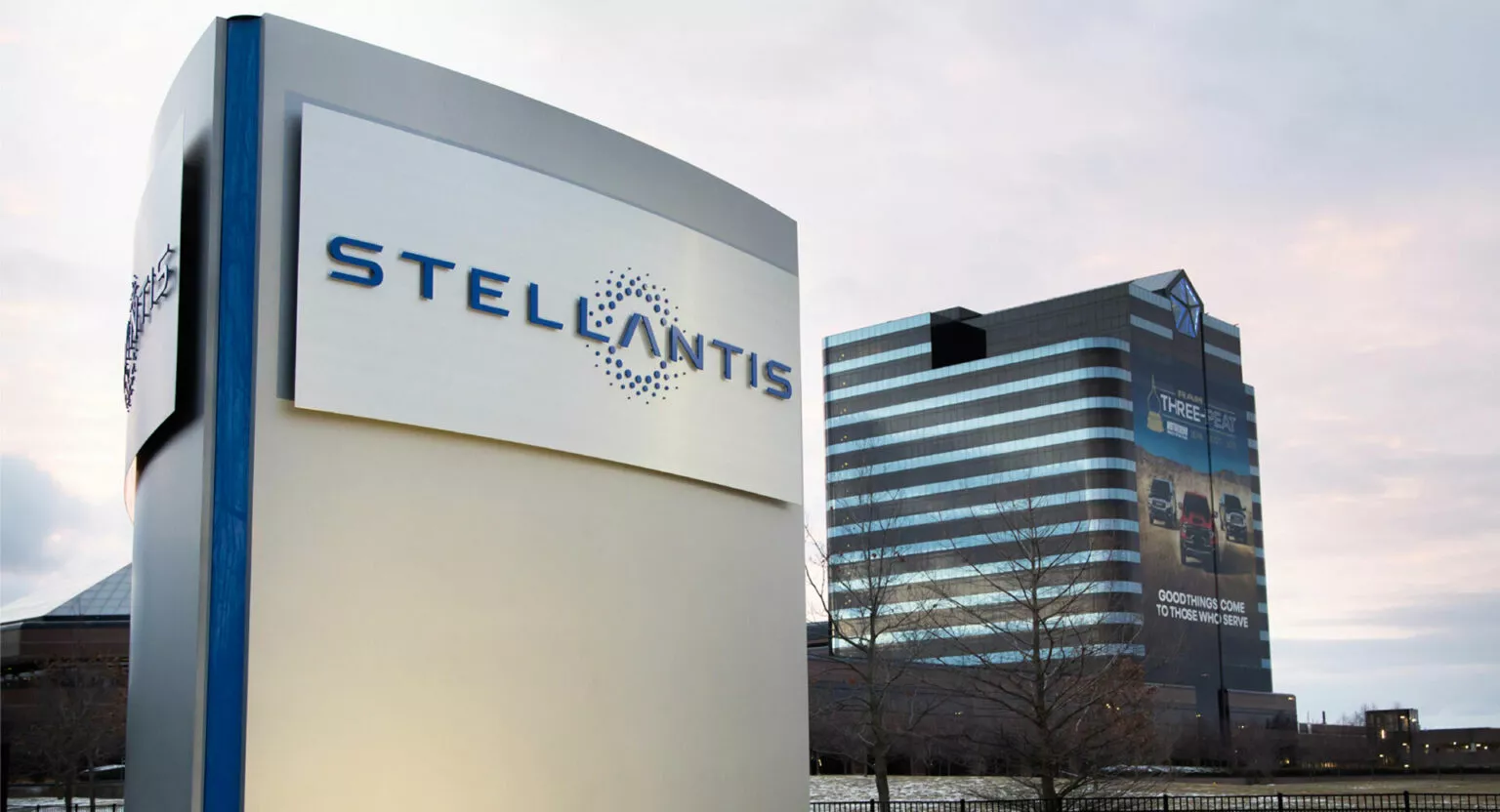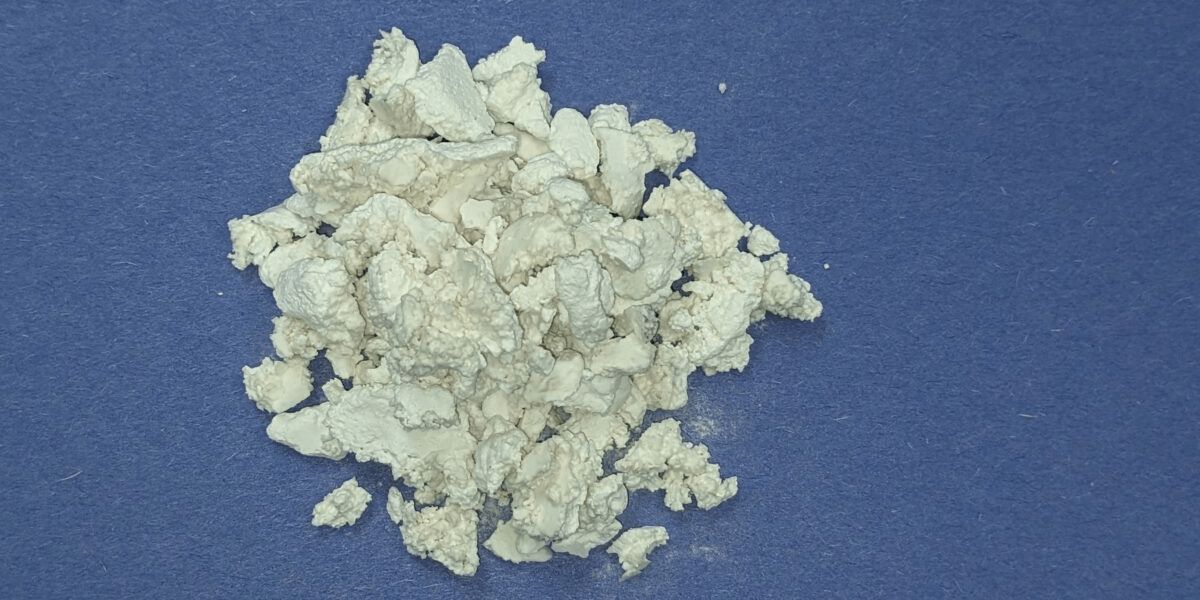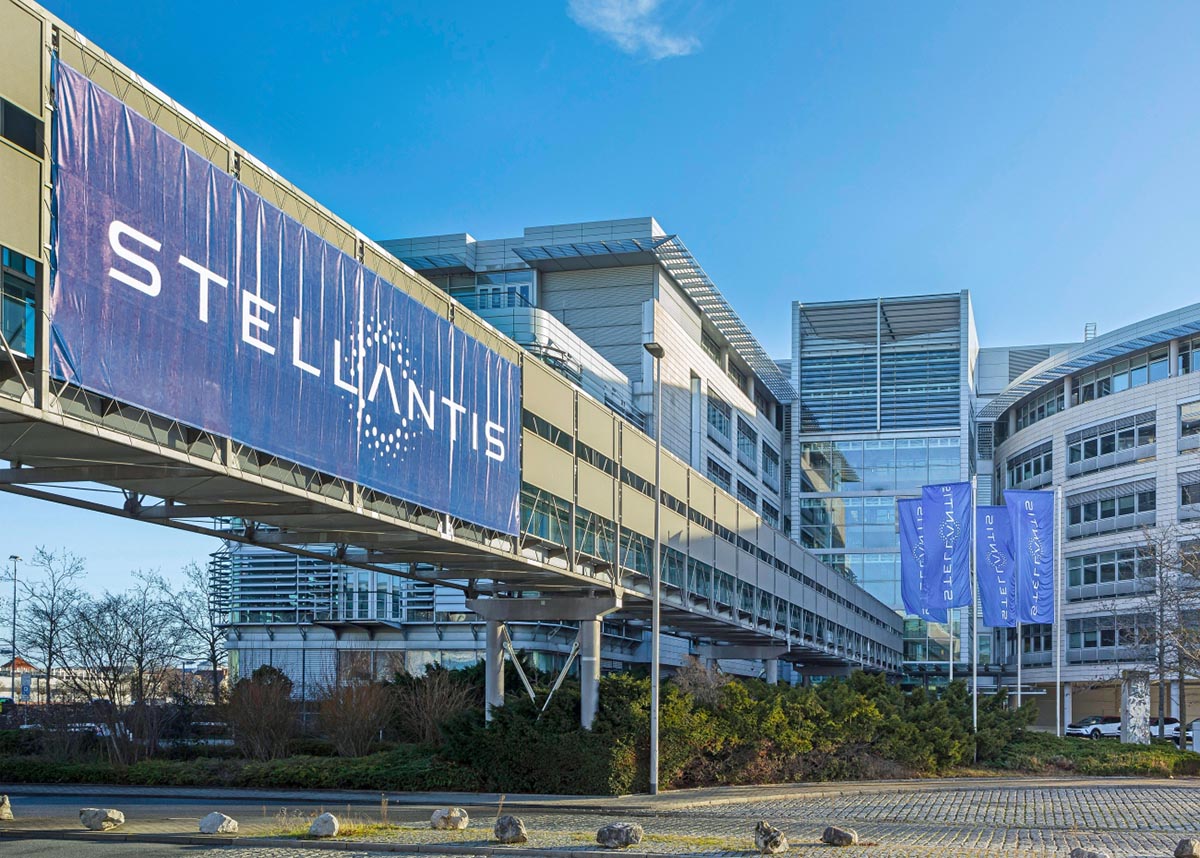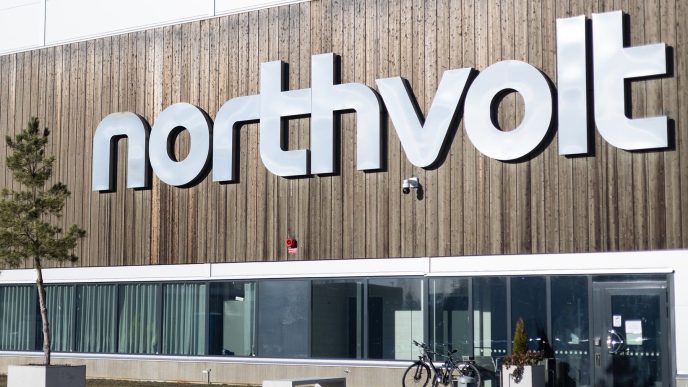General Motors announced plans to sell its stake in the Ultium Cells LLC battery cell plant in Lansing, Michigan, to LG Energy Solution (LGES), while extending their collaboration to include prismatic cell technology.
The decision to divest the Lansing plant follows earlier reports of a construction halt due to slowing global demand for electric vehicles (EVs). GM clarified that the move does not alter its ownership interest in Ultium Cells LLC, a joint venture with LGES. This transaction is expected to be finalized in the first quarter of 2025, providing LGES access to the near-complete facility for equipment installation. GM confirmed that no job cuts are anticipated at the Lansing site.
Ultium Cells currently operates two battery plants in Ohio and Tennessee. Production in Warren, Ohio, began in 2022, while the Tennessee facility delivered its first cells in April 2024. A previously planned fourth U.S. battery plant was canceled earlier this year.
In addition to pouch cells, the collaboration between GM and LGES now includes prismatic cells, which offer advantages such as improved space efficiency and reduced EV weight. GM plans to incorporate this technology into future EV models, citing its potential to enhance range and lower costs.
“We’re focused on optimizing our battery technology by developing the right chemistries and form factors to improve EV performance, enhance safety, and reduce costs,” said Kurt Kelty, GM’s vice president of battery cell and pack.
The extended partnership reflects the companies’ commitment to advancing battery innovation and meeting the evolving demands of the EV market. LGES executive vice president Wonjoon Suh expressed optimism about the strengthened collaboration, emphasizing its role in driving growth in the EV sector.
With this strategic shift, GM aims to achieve greater efficiency in its EV operations while leveraging LGES’s expertise to bolster its position in the rapidly expanding market for electric vehicles.

